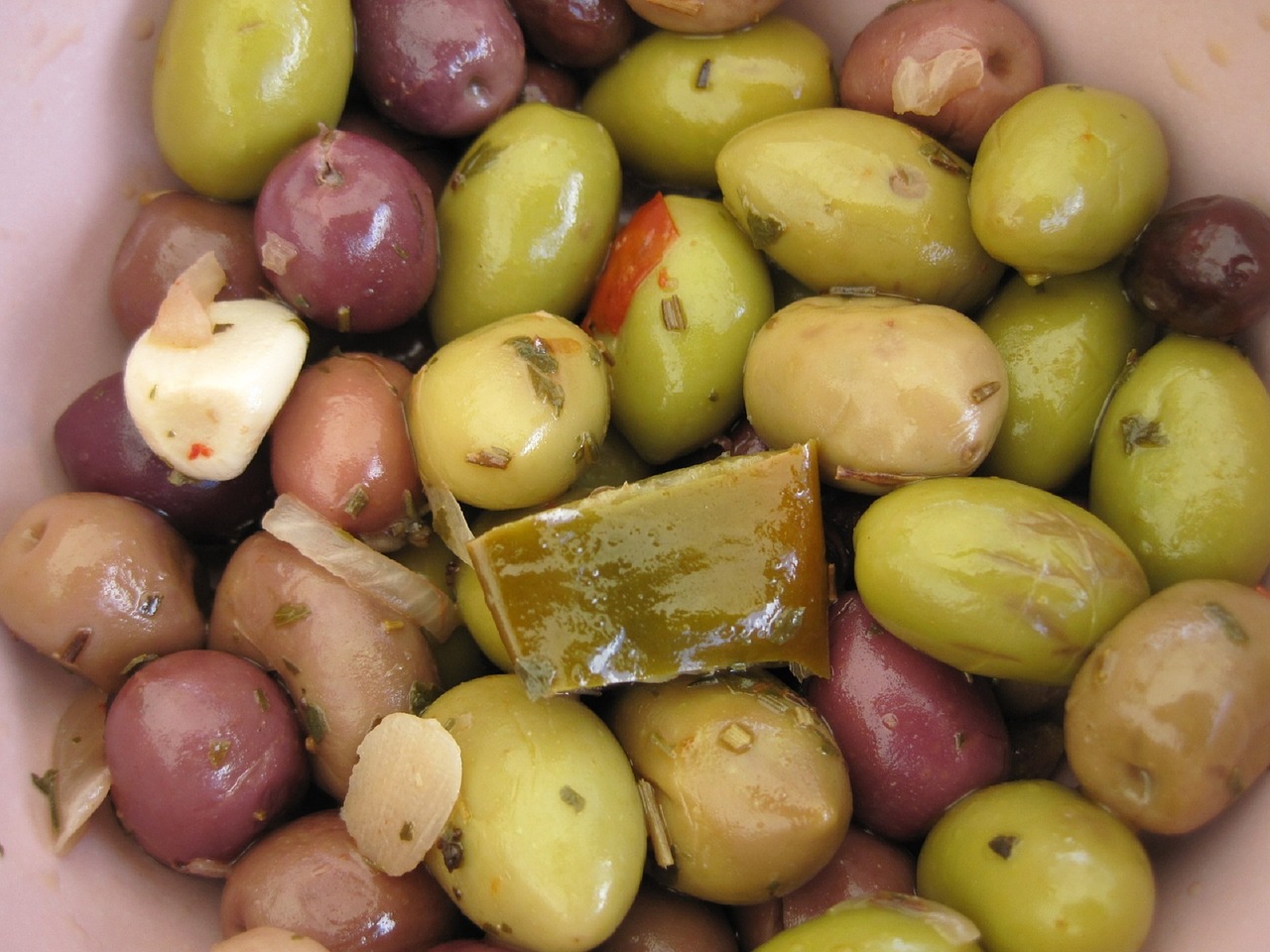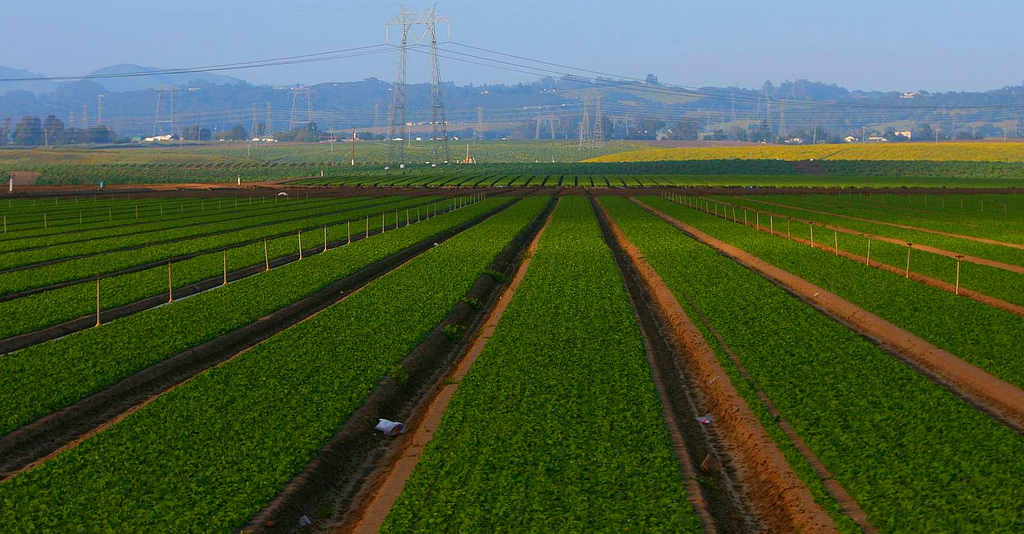An agenda item on the AGRI Committee’s last meeting in this Parliamentary term yesterday dealt with a presentation by DG AGRI’s Director for International Affairs John Clarke on the agricultural component of ongoing trade negotiations and other relevant issues of trade policy (starts at 16:23 on the meeting video). Amid a chorus of complaints from AGRI MEPs about poultry imports from Ukraine, tomato imports from Morocco and potential Brazilian tariffs on EU exports of garlic, Mr Clarke gave a robust and trenchant defence of the Commission’s role in managing international agricultural trade relations.
Among the items he covered was the EU response to the US imposition of countervailing and anti-dumping duties in 2018 on the import of Spanish ripe olives, confirming earlier preliminary determinations to impose provisional duties.… Read the rest


